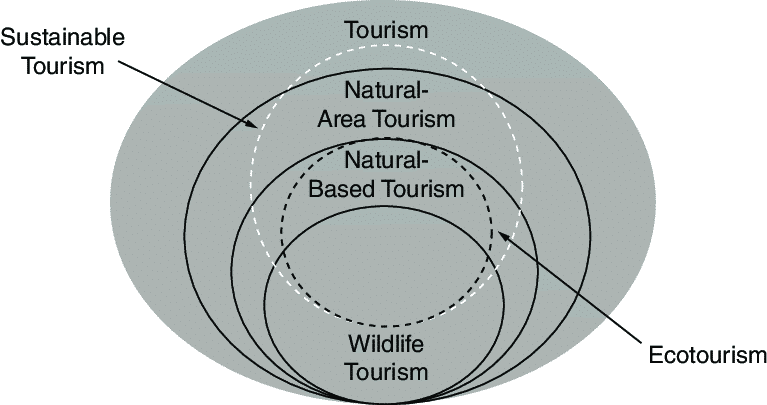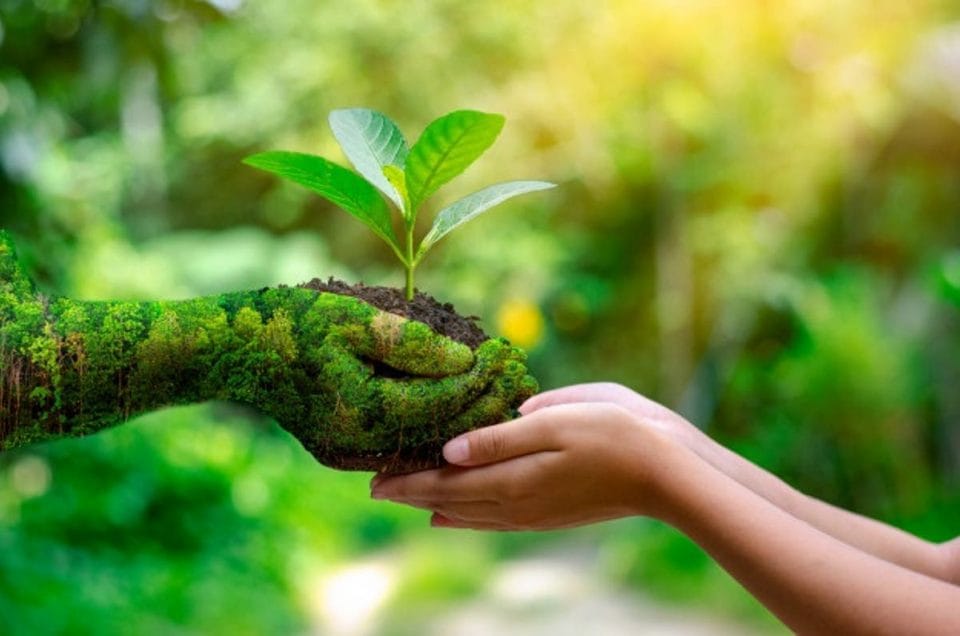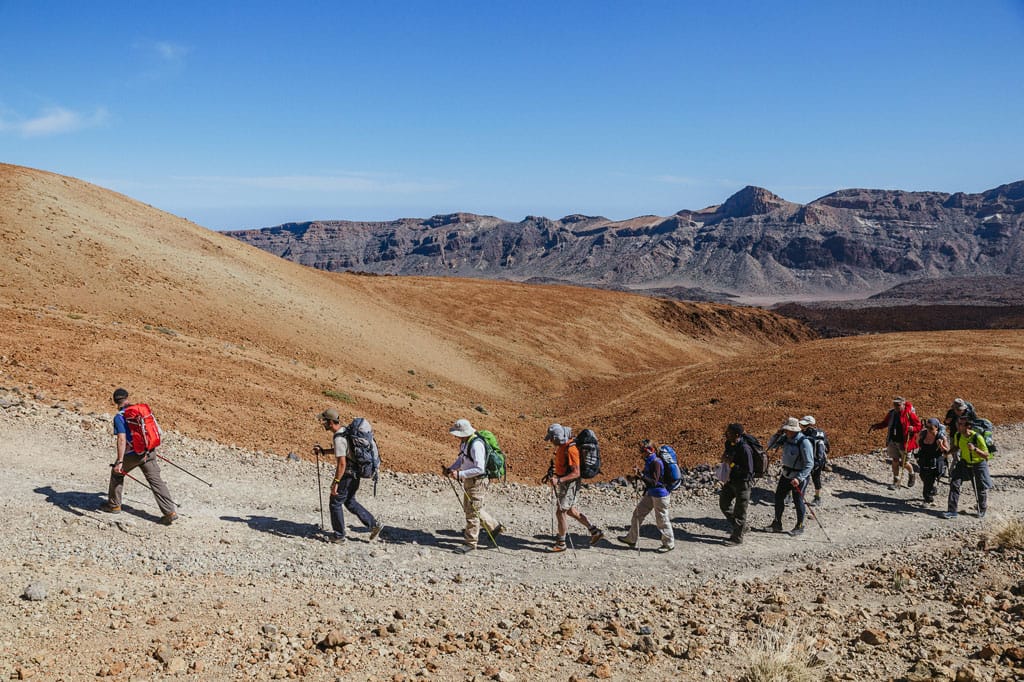What is ecotourism? Definition of "ecotourism
Ecotourism or nature tourism is the tourism activity that evolves without influencing or affecting the balance of the environment, avoiding causing damage to nature, it is a trend with a clear objective: to combine the tourism industry with ecology, this new trend is linked to an ethical sense, so its intention is to promote the welfare of local communities beyond the enjoyment of tourists.
Ecotourism also seeks to encourage sustainable development, i.e. that current tourism growth does not harm future possibilities.
Sustainable Tourism Vs. Ecotourism, what is the difference?

While ecotourism is that which visitors carry out in a natural area with the purpose of interpreting it, contributing to its conservation and getting to know it; sustainable tourism is the type of tourism that all tourism activities should aim for, as it contributes to the conservation of the Natural Heritage and Cultures of tourist sites, as well as having a positive impact on local economies, in addition to making it possible for tourists to enjoy themselves.
Which plan to follow on your holidays?
Don't miss the Experience Teide peak excursion: on foot or by cableway
Get to know the most visited national park in Europe and climb the highest peak in Spain. Exceed your limits on this excursion of ascent to Teide peak with permits.
If you want to live a unique and environmentally friendly experience, and also get to know the Teide National Park with a Senda guide, which has been declared a World Heritage Site by UNESCO, then this is the place for you. Unesco World Heritagebook your place for a guided visit to Teide with permits.
Types of Ecotourism
Marine ecotourism
This is the way to practice tourism in the sea without affecting the ecosystem, observing the environment and preserving the well-being of the locals.
Seen as a profitable and fast-growing market, which takes into account environmental conservation by reducing environmental impacts and promoting the interests of local communities, it generates significant positive results in the natural environment by offering a new, more sustainable worldview to those involved and helping to raise funds.
As an example, this includes paddle surfing, or any water sport without the need to burn fuel.
Sun Ecotourism
The main reason for tourists to practice solar ecotourism is the sun.
This type of tourism encompasses all the different resorts or tourist businesses that are usually located near the beach and coastline. Some of them use solar panels, use more efficient cooling, lighting and heating systems.
Others are trying to offer "zero mile" products, are using recycled and sustainable materials, and are improving their footprint. As an example, Jumeirah Vittaveli Resort in the Maldives has succeeded in combining green travel and luxury.
They heat their pools using generators powered by heat recovery systems or a water purification system that is used to treat seawater to create fresh drinking water, saving 70,000 plastic bottles each year.
Destinations practising ecotourism
Green travel is becoming more popular than ever as travellers seek to practice preserving the beautiful world they experience on holiday.
For this reason, ecotourism destinations are growing rapidly. The most popular destinations are Costa Rica, the Amazon rainforest, Iceland, Kenya, Antarctica and the Galapagos Islands.
Other resorts around the world, however, are evidence of how this type of tourism is a growing industry. Among our favourites, Six Senses Con Dao in Vietnam, surrounded by jungle and white sandy beaches, has been built with sustainable materials and its most impressive feature is that the resort's structure was designed to maximise air flow and therefore reduce the need for air conditioning.
The Svart Hotel in Norway, on the other hand, has been built with the idea that it could produce more energy than it consumes in the coming years, making it an "energy positive hotel".
It is set to be one of the most impressive green and sustainable hotels in the world, as it is being built with solar panels to produce energy and using a variety of techniques, it aims to operate at significantly lower rates of energy consumption, creating a surplus.



Add comment